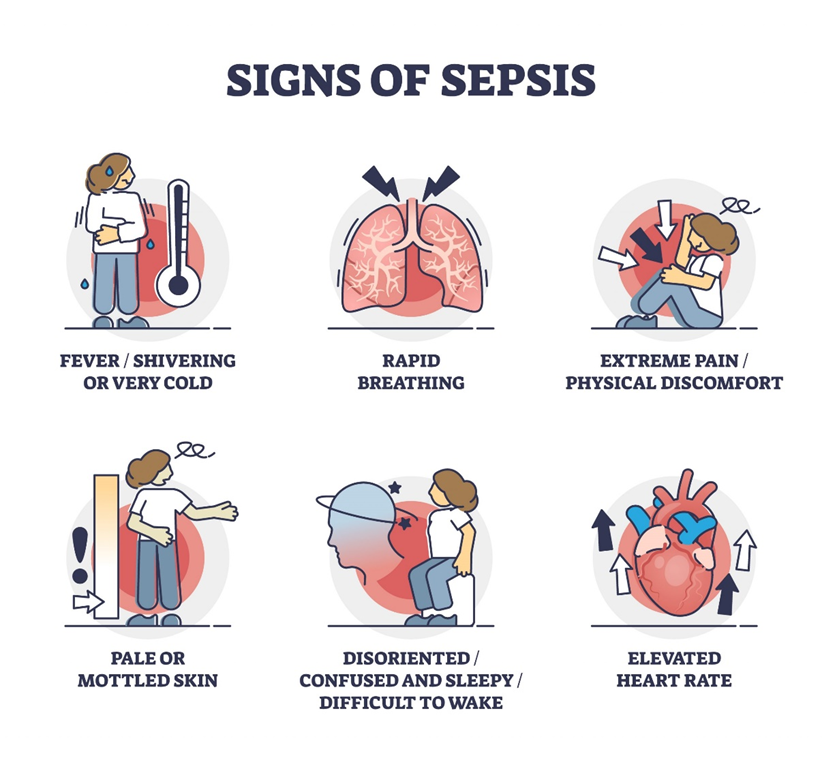The nurse is assessing a client diagnosed with Parkinson's disease. Which data would the nurse anticipate? Select all that apply.
Slowed movement when rising from a chair
Chronic diarrhea
Difficulty swallowing
Shuffling gait
Correct Answer : A,C,D
Choice A reason: Slowed movement when rising from a chair is a common symptom of Parkinson's disease, known as bradykinesia.
Choice B reason: Chronic diarrhea is not typically associated with Parkinson's disease.
Choice C reason: Difficulty swallowing, or dysphagia, is a common issue in Parkinson's disease due to impaired muscle control.
Choice D reason: A shuffling gait is characteristic of Parkinson's disease, often referred to as "festinating gait."
Choice E reason: Lower extremity edema is not a typical symptom of Parkinson's disease and may indicate other health issues.
Nursing Test Bank
Naxlex Comprehensive Predictor Exams
Related Questions
Correct Answer is C
Explanation
Choice A reason: Tachycardia and weight gain are not typically associated with low T4 levels. Tachycardia and weight loss are more commonly seen in hyperthyroidism, where T4 levels would be elevated.
Choice B reason: Diarrhea and hypoglycemia are not directly related to low T4 levels. Diarrhea can be a symptom of hyperthyroidism, while hypoglycemia is not commonly associated with thyroid function.
Choice C reason: Hypotension and periorbital edema are findings that can be associated with hypothyroidism, which is consistent with the low T4 level of 2.9 mcg/dL. Hypothyroidism can lead to reduced cardiac output and systemic vascular resistance, causing hypotension. Periorbital edema is also a common sign of hypothyroidism due to mucopolysaccharide deposition in the skin.
Choice D reason: Tremors and dyskinesias are more commonly associated with hyperthyroidism, not hypothyroidism. Elevated levels of thyroid hormones can lead to these neurological symptoms.
Correct Answer is ["A","C","D"]
Explanation
Choice A reason: Monitoring platelet count is important in sepsis as thrombocytopenia can occur due to disseminated intravascular coagulation (DIC).
Choice B reason: Urine specific gravity is not typically monitored for sepsis unless there is a concern for renal function or fluid balance.
Choice C reason: Lactate levels are monitored in sepsis to assess the severity of septic shock and tissue hypoperfusion.
Choice D reason: PaO2 is monitored to assess oxygenation status, which can be compromised in sepsis due to respiratory dysfunction.
Choice E reason: Serum ammonia is not typically monitored for sepsis unless there is a concern for hepatic function or encephalopathy.

Whether you are a student looking to ace your exams or a practicing nurse seeking to enhance your expertise , our nursing education contents will empower you with the confidence and competence to make a difference in the lives of patients and become a respected leader in the healthcare field.
Visit Naxlex, invest in your future and unlock endless possibilities with our unparalleled nursing education contents today
Report Wrong Answer on the Current Question
Do you disagree with the answer? If yes, what is your expected answer? Explain.
Kindly be descriptive with the issue you are facing.
